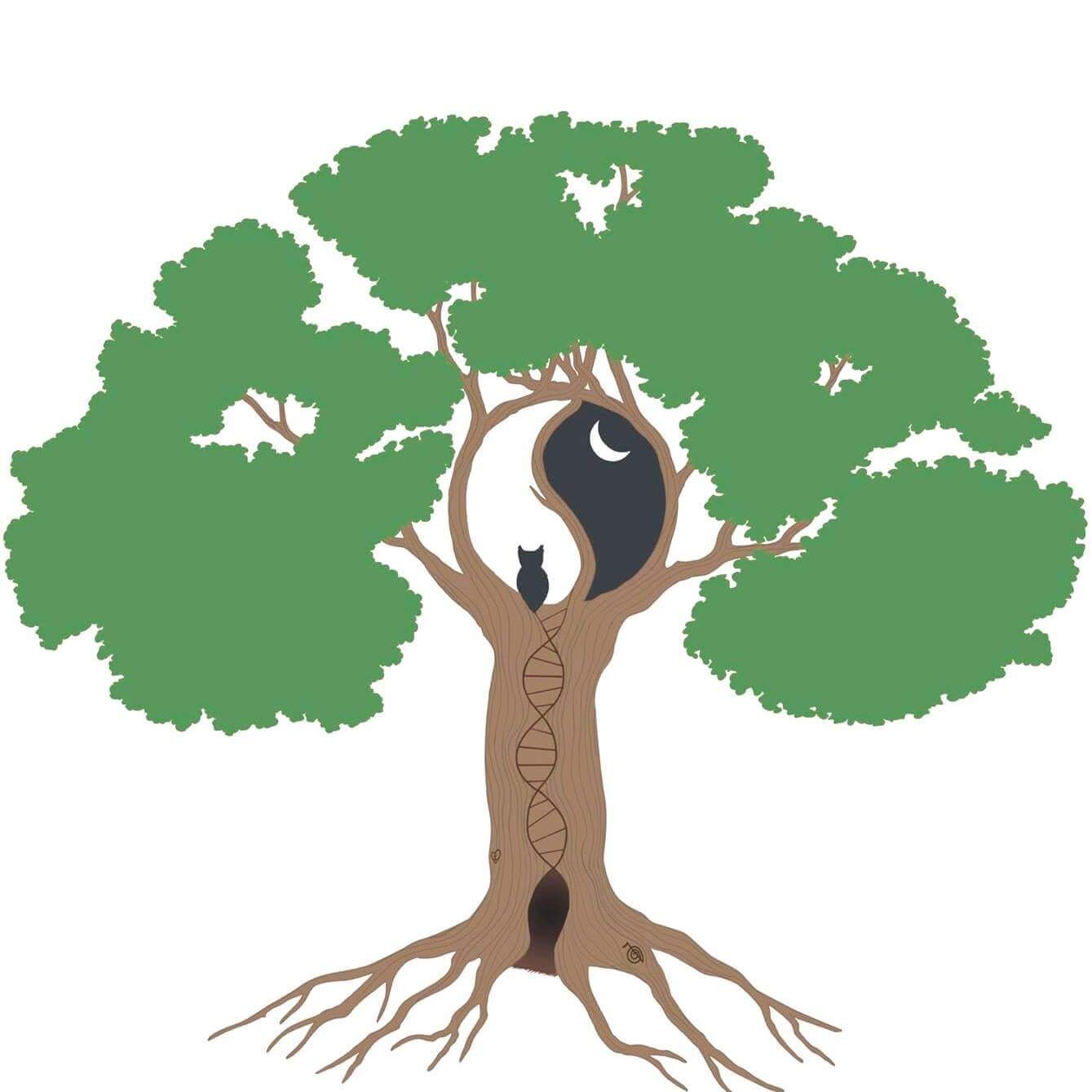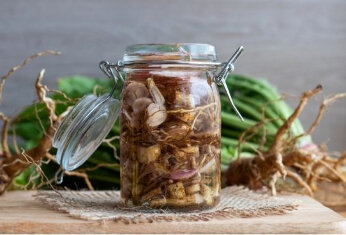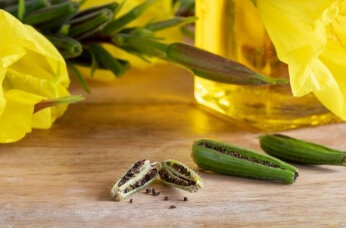Things to Know About Bitters
Dates as far back as ancient Egypt
In nature animals intuitively eat bitter plants when needed
Many bitter herbs are classified as a tonic
Bitters can influence all stages of digestion (Cephalic, gastric, intestinal)
Stimulates HCL production and increases digestive enzymes = helps break down foods/nutrients
Stimulates Insulin and glucagon secretions = helps normalize Blood sugar levels
Generally:
Combine cool bitter herbs & warm bitter herbs (or spicy herbs) to create a digestive bitters formula that may be taken daily
If it doesn’t taste bitter it isn’t going to work!
Used for:
Indigestion, flatulence, bloating, nausea, borborygmi, intestinal cramps
Low HCL (contributes to Gerd, IBS, Sibo, rosacea)
Constipation, diarrhea, slow transit time (how long it takes for food to be eliminated: appropriate = 18-24 hours)
Loss of appetite, malnutrition, malabsorption including poor fat and protein digestion, food allergies
Weakness due to viral or bacterial infections
Excessive sweet cravings (which may actually mask a craving for bitter)
Depression, mood disorders
Digestive weakening due to aging, low vital energy
Anemia
Avoid = Children under 5, acute GI inflammation/irritation, excessive stomach acid
Use w/caution = advisement of Dr and/or trained herbalist = Pregnancy
Cool bitter herbs for digestion
Dandelion root
Chicory
Artichoke
Chamomile
Horehound
Blessed thistle
Gentian
Hops
Bitter orange peel
White poplar bark
Warm bitter herbs for digestion
Turmeric
Angelica root (archangelica)
Fenugreek
Aged tangerine peel
Mugwort
Warming herbs for digestion
Cardamom
Ginger
Clove
Anise seed
Fennel seed
Prickly ash
Bayberry bark
Yarrow = neutral
Recipies
Rosemary Gladstar
2 parts fennel
1 part artichoke leaf
1 part dandelion root
1 part (organically cultivated) gentian
½ part ginger
Michael and Lesley Tierra
The Tierra’s suggest making tea, drinking ¼ cup prior to meals. Here are directions on how to make a decoction from Mountain Rose Herbs:
https://blog.mountainroseherbs.com/herbal-infusions-and-decoctions
2 parts white poplar bark
2 parts (organically cultivated) gentian root
1 part bayberry bark
1 part ginger
½ part clove buds
David Winston
1 part dandelion root
1 part orange peel
1 part angelica archangelica
1 part artichoke
Rosemary’s folk method can be used for all the recipes
Combine the herbs and make a tincture. Here we are using 80-100 proof alcohol as the extractant. Use fresh or dried herbs
Place finely chopped herbs in a clean dry jar.
Pour enough of the menstruum to cover the herbs, and continue pouring until the liquid rises 2 or 3 inches above the herbs. The herbs need to be completely submerged. Cover with a tight-fitting lid use wax paper to avoid alcohol coming in contact with a metal lid.
Place the jar in a warm location and let herbs and liquid soak (macerate) for 4-6 weeks.
Shake the bottle daily during the maceration period.
Strain the herbs from the menstruum with a fine steel mesh strainer lined with cheesecloth reserving the liquid. Store liquid in a glass bottle(s) in a dark location.
I suggest keeping a 2 oz tincture bottle full of your bitters in the kitchen. Take 10-15 minutes before a meal. David Winston suggests 15-30 drops in a small amount of juice or water, swish around your mouth for a bit and swallow.








